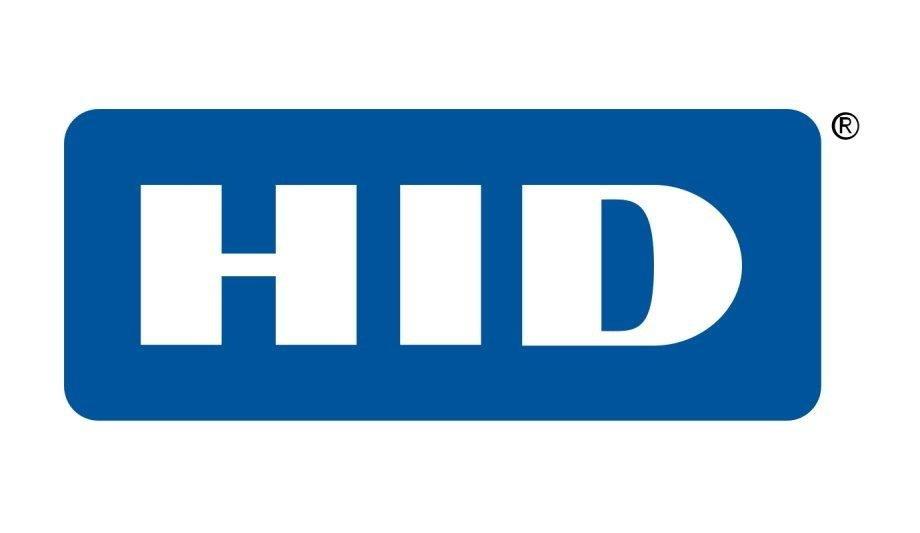HID Global has released a ‘customer advisory’ on the use of third-party ‘parasitic’ devices that harvest power from the host HID reader.
HID customer advisory
The company states in the advisory that using the devices with an HID reader is an improper modification and misuse of the HID reader and the HID products used in conjunction with the reader. HID also lists devices from Safetrust, Proxy, Suprema and Zerv in the advisory. Steve Carney, Vice President of Product Marketing for Physical Access Control Systems (PACS) at HID Global, elaborates on the advisory with a Q&A.
Q: Describe the evolution and background of the issue of ‘unauthorised use of third-party devices’.
Steve Carney: HID Global became aware of devices that attach, connect to, and adhere to HID readers from customers asking if they had tested or approved of them.
Q: What is a ‘parasitic’ device and how does it differ from any other third-party device that, for example, might be integrated with HID Global systems?
Steve Carney: A parasitic device is an unauthorised product containing RF radios and has been designed to adhere to, connect to, or otherwise interact with HID readers in a manner not intended or incorporated into HID’s solution design. Often they draw power from the reader itself. No third-party products are integrated into HID Global systems designed to draw power from the readers.
This advisory clarifies the HID policy regarding a concerning trend that negatively impacts HID solution performance
Q: What is the impact on warranty and support position for security business integrators and resellers?
Steve Carney: This advisory clarifies the HID policy regarding a concerning trend that negatively impacts HID solution performance. HID partners and customers assume risk, including the loss of warranty and technical support, when using the stated unauthorised products.
Q: What is HID’s response to the assertion that this policy ‘undermines customer choice’?
Steve Carney: It is important to understand that HID Global’s position related to these devices is based on the interference or potential to interfere with HID readers’ ability to perform to specifications. HID readers are the most widely installed readers in the world.
Given that, and the lifetime warranty, potential interference with the power draw, power load and RF field presents risk not intended or contemplated when selling the devices. HID’s position does not impact a customer’s ability to choose. It informs them of the risk related to the company’s assertion of specifications and performance.





















